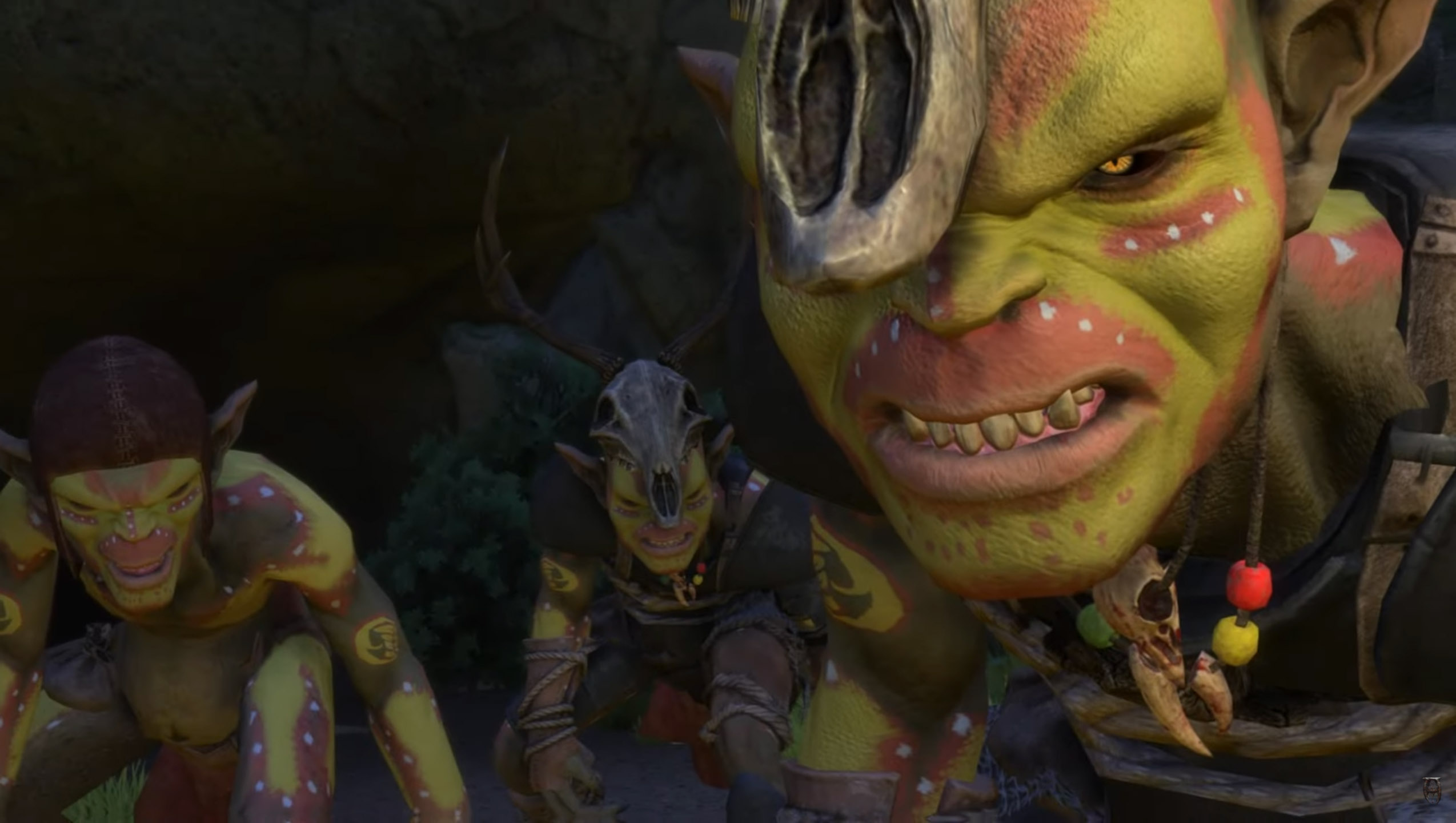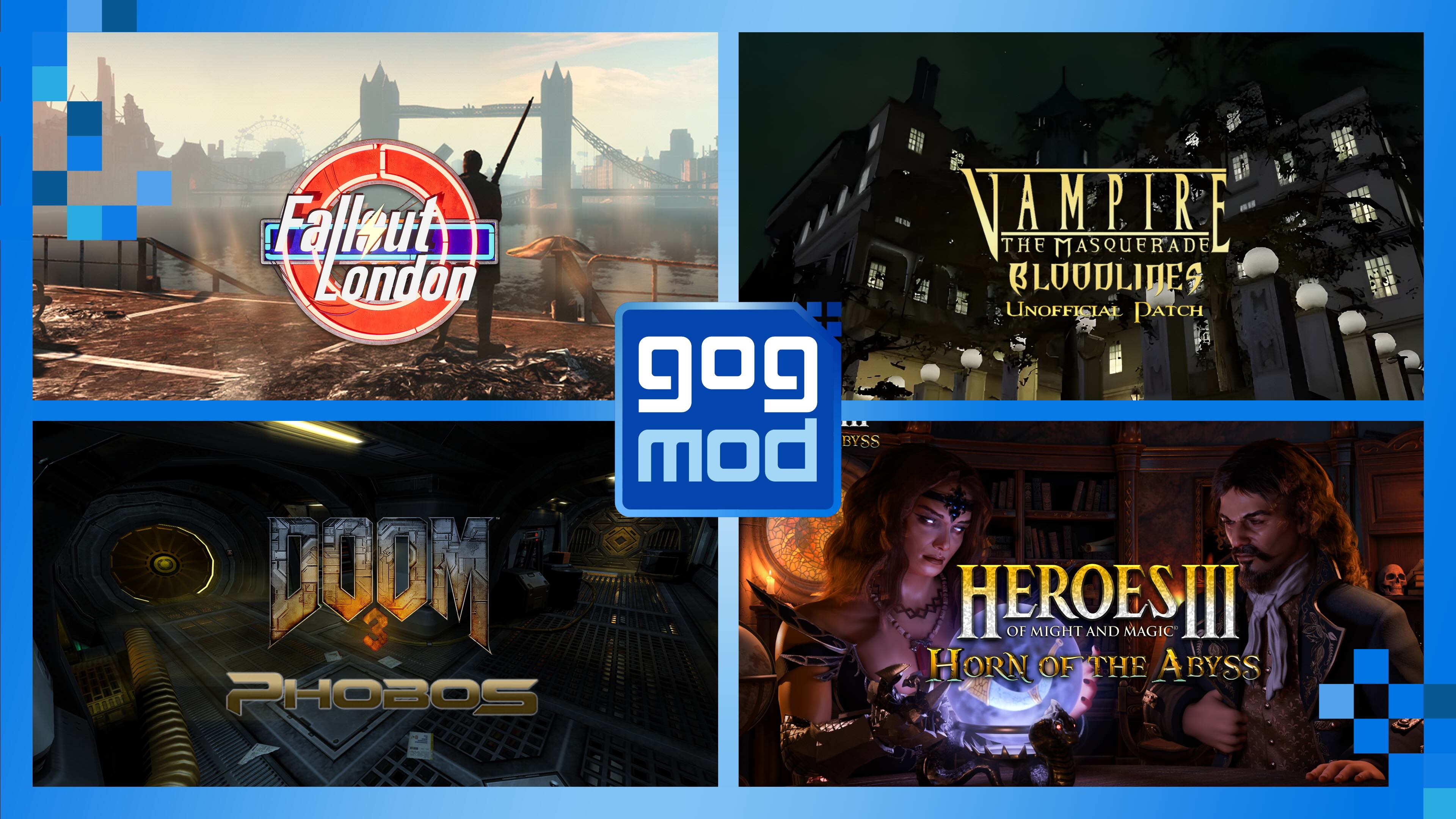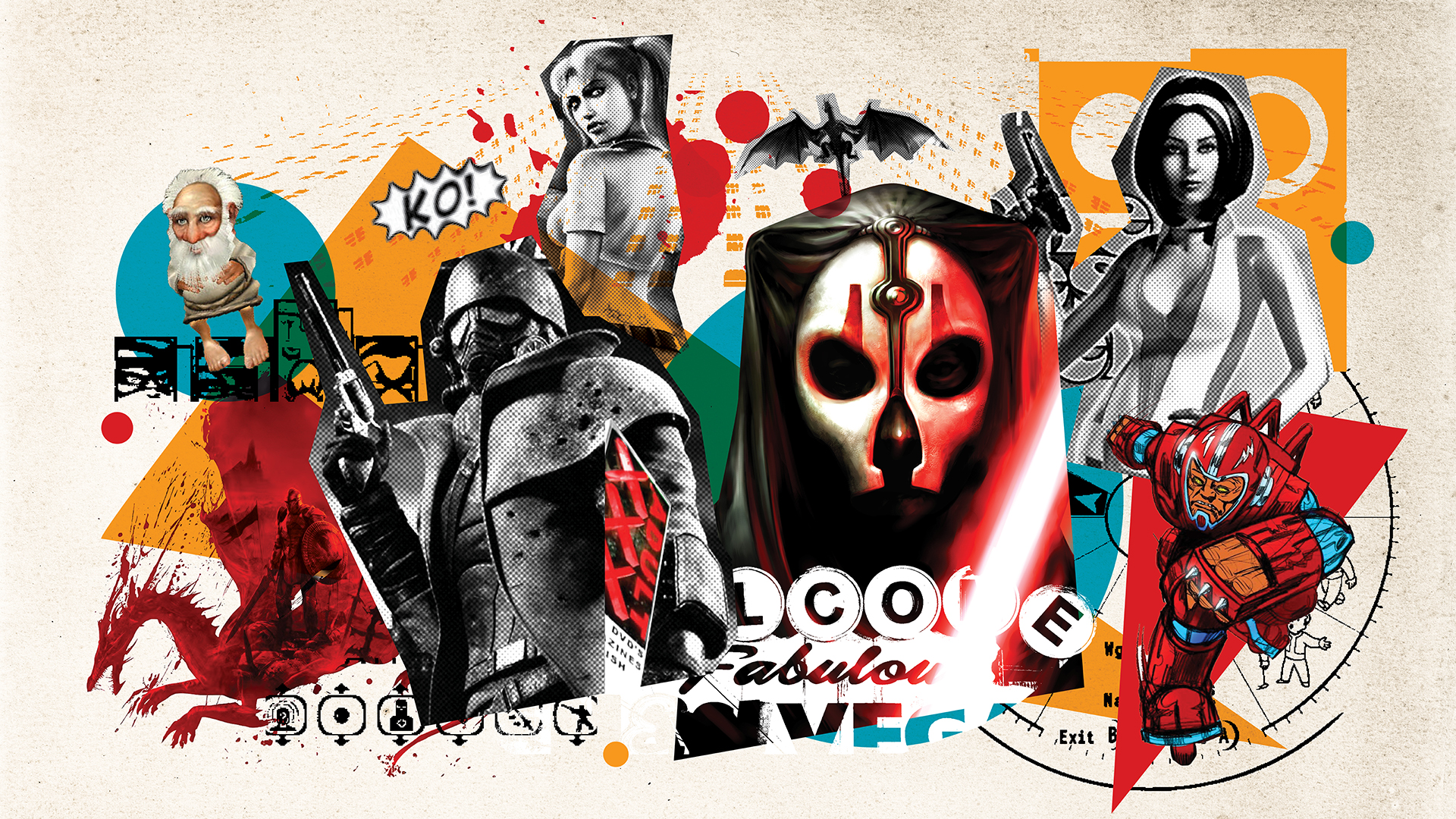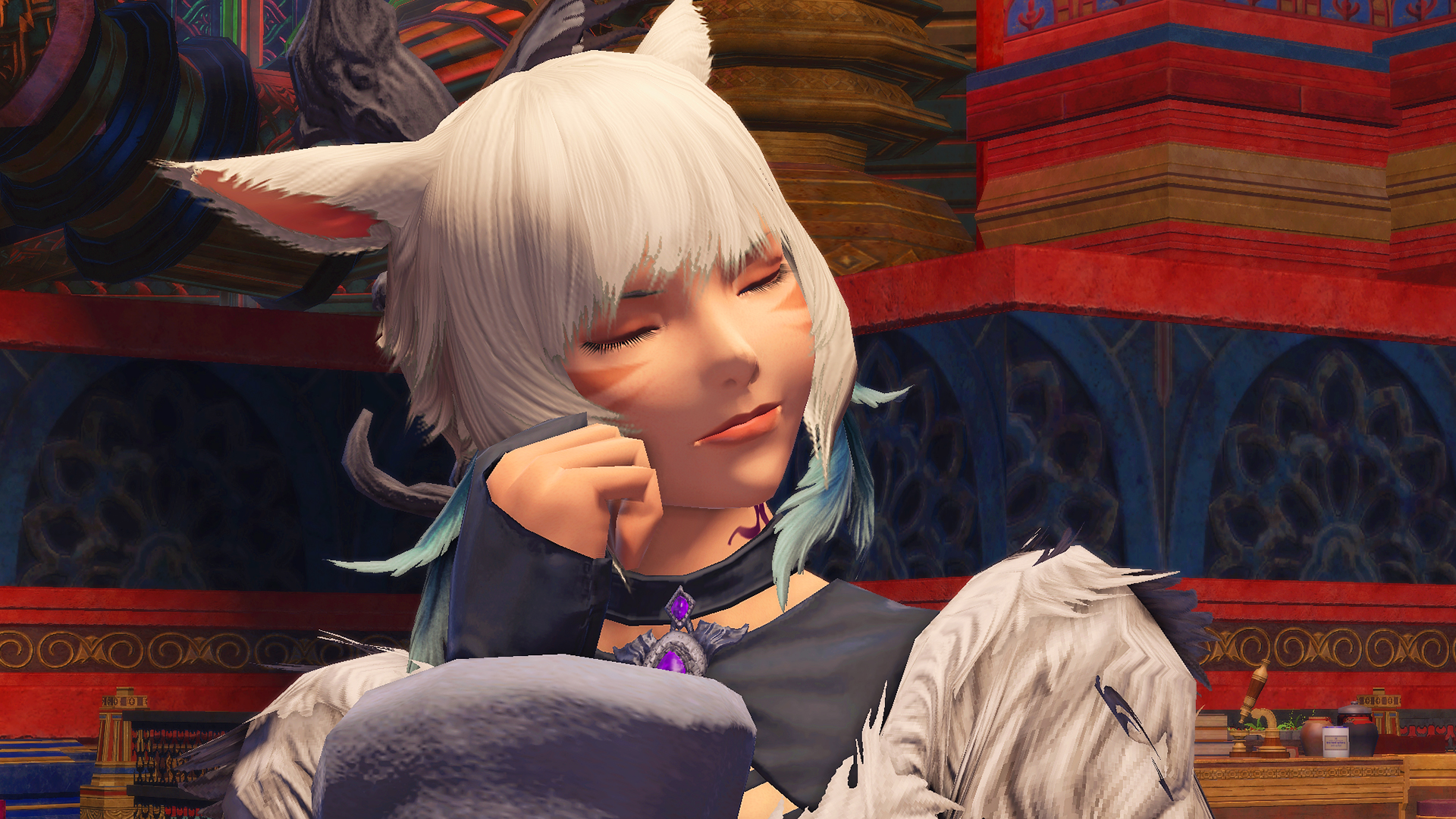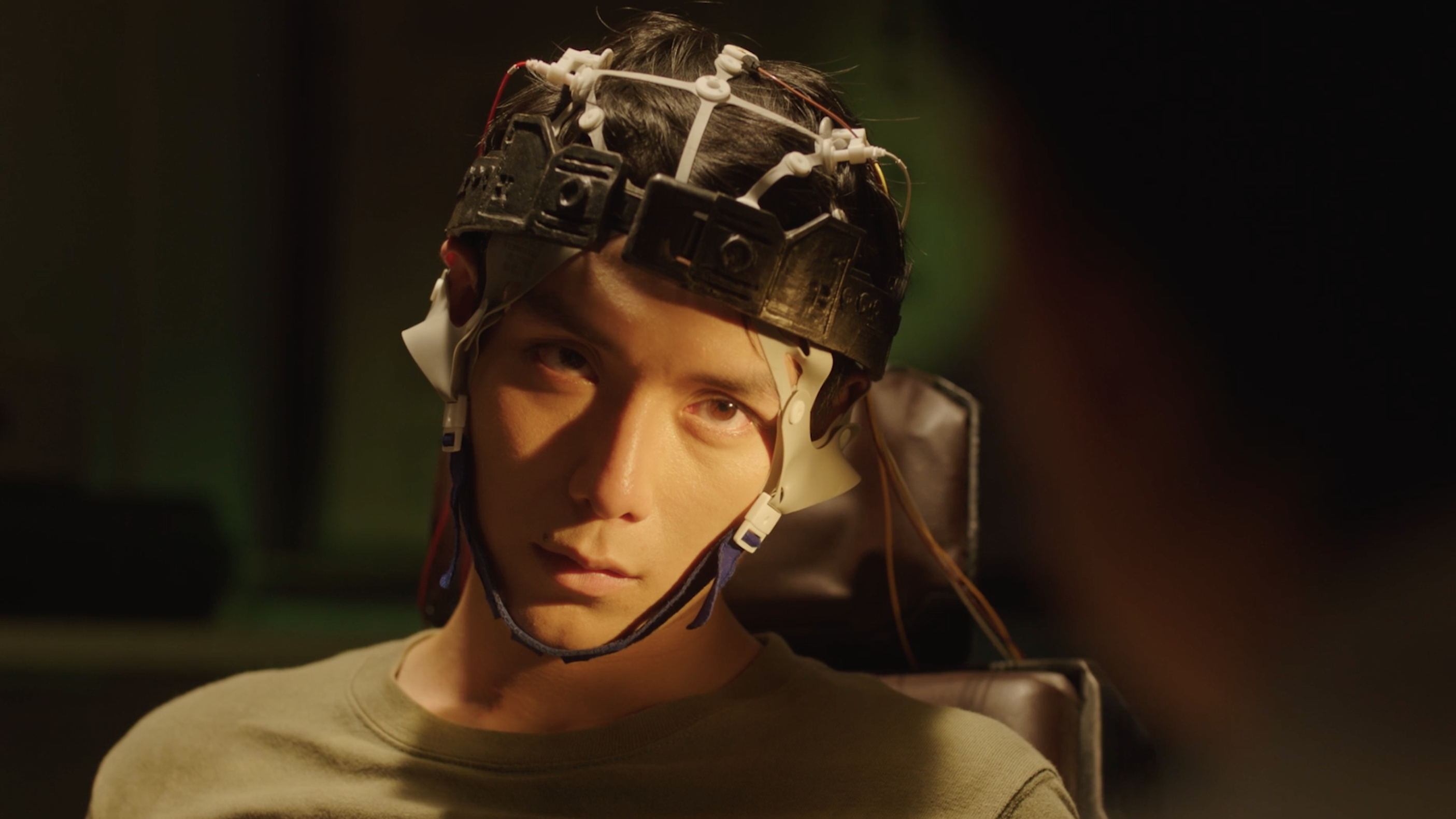
Gamers rise up.
Breakout 13 was the classic FMV rope-a-dope: A game I bought because it looked too cheesy to pass up and then, like a fool, I fell in love. A Chinese game from ALT Lab, Breakout 13 uses the fullest of motion video to tell a tale of teens exiled to a sinister internet addiction boot camp by their parents. Using only their wits and a UI that seems to have been designed for a DVD player in 2004, the youths will have to overcome their differences and mutual suspicion to organise not just a simple prison break, but a full-blown revolution.
It’s entirely in Chinese, naturally, and the often-shaky English subtitling will probably be enough to turn a few players away. But if you can get past a few typos and some awkward phrasing, the game has more than enough to make up for it.
(Image credit: ALT Lab)
You play as Zhang Yang, an 18-year-old videogame addict whose overburdened single mother has reached breaking point. Ashamed that her son is wasting his entire life playing games, Yang’s mother carts him off to a dodgy “Gratitude School” in Southeast Asia, a facility run by a smiling grifter in a lab coat with the aim of teaching dissolute, tech-obsessed teens to respect everything their parents have done for them through repeated electrocution.
It’s actually fairly grim subject matter, especially given how much inspiration the game has obviously taken from real-life villains like Yang Yongxin, a Shandong-based doctor who claimed to treat internet-addicted patients with a process of—you guessed it—electroconvulsive therapy (ECT) until Chinese media investigated him, and who has since replaced ECT with a new form of therapy that’s alleged to be even more painful. There’s also, of course, the added context of the Chinese government’s recent crackdown on youth “addiction” to online games, lending the whole thing a satirical air.
But Breakout 13 somehow manages to walk the tightrope between its light-hearted and monstrous moments, punctuating the oppressive atmosphere of a school/prison in which nobody truly trusts anybody else with scenes of absurd comic relief. It’s weird, cheesy, impossibly earnest, and a little bit magical. An excellent FMV game, in other words.
Prison Escape 101
The actual interactions are easy and unobtrusive. You probably shouldn’t come to this looking for head-scratching puzzles; the hardest it gets is a few simple QTEs, but what you’ll be doing for the most part is choosing dialogue options and investigating scenes where every spot you can interact with has been helpfully highlighted. It reminded me a little of Contradiction: Spot the Liar, where the central mechanic (spotting the liar) never got difficult enough to prevent you from seeing more incredible acting.
Instead of cracking tough puzzles, your main form of interaction with the game will be rewinding it. Breakout 13 consists of 10 chapters, each of which has a whole menu of different permutations depending on the choices you make, QTEs you pass or fail, and how strong your relationships are with the other characters. I joked that the UI feels a bit archaic, and it does, but this part is handled very well. At any point you can jump over to a narrative map of the chapter you’re in—Detroit: Become Human style, except in a good game—and see how many branches each particular scene has, including which ones you’ve unlocked and which ones you’ve yet to see.
(Image credit: ALT Lab)
If you don’t like how a choice went, you can easily skip back and modify it, or just replay a scene every single way you can to see all the potential branches. Make no mistake, it all looks like it heads to one of two endings—excepting the various hidden endings that reward you for making truly baffling chains of choices—but the details of your journey seem like they can vary a lot.
For example, your relationship with the game’s main characters is tracked on an axis that goes from hostile, to neutral, to “intimate” (a strange translation, I’m pretty sure, at no point does Breakout 13 become a romance). During one section, I was tasked by the principal with investigating a student who was keeping a dog off-campus. If I protect the boy and his dog, they like me more but the principal’s suspicion grows, while if I rat them out, the principal has the dog put down, and the student’s opinion of me would drop dramatically. I don’t think that would radically change the course of the game, but I imagine the various warm interactions I had with that student after protecting his pup in my game would have gone very differently if I’d literally killed his puppy.
(Image credit: ALT Lab)
Egg & Roses
It’s all slickly-produced to an almost surreal degree. FMV games are notorious for butting up against the limits of their budgets—the aforementioned Contradiction ended abruptly three quarters of the way through, at the exact point it burned through its last few pennies—but Breakout 13 feels dazzling in comparison to a lot of its peers. It loses some steam in its back half—which, by the way, you’ll have to purchase as DLC to play—but I’m genuinely impressed by the production values and acting in this thing.
How did it manage this? Probably not through its microtransaction system, which exists in defiance of natural law and common sense alike. ALT Lab has somehow managed to cram microtransactions into an FMV game with its patented (not actually patented) eggs and roses system. For the low, low price of a few hundred renminbi, you can stock up on eggs (or roses) and distribute them among the game’s cast on the character bio screen, throwing eggs at people you dislike and handing roses to your favourites, though sadly this interaction is only detailed in a text-based pop-up, rather than FMV. Why? I don’t know, it has no discernible in-game effect whatsoever. Did I do it? Yes. Absolutely.
That feeling when you don’t have enough Egg. (Image credit: ALT Lab)
A bargain at twice the price. (Image credit: ALT Lab)
Why? To see what would happen, mostly, but also because the world doesn’t have enough FMV games in it, and it has even fewer that are genuinely good, so Breakout 13 feels like a little miracle. I can’t find much information about ALT Lab—probably because whatever info there is will all be in Mandarin—but I suspect it’s based within China given the number of Mandarin-speaking extras they have in scenes. Regardless, I hope the studio sells enough eggs to warrant a new game and, dare I hope, a patch that touches up the iffy subtitling. If I can help it on its way to that goal by tossing it a few yuan, and sate my curiosity in the process, so much the better.
